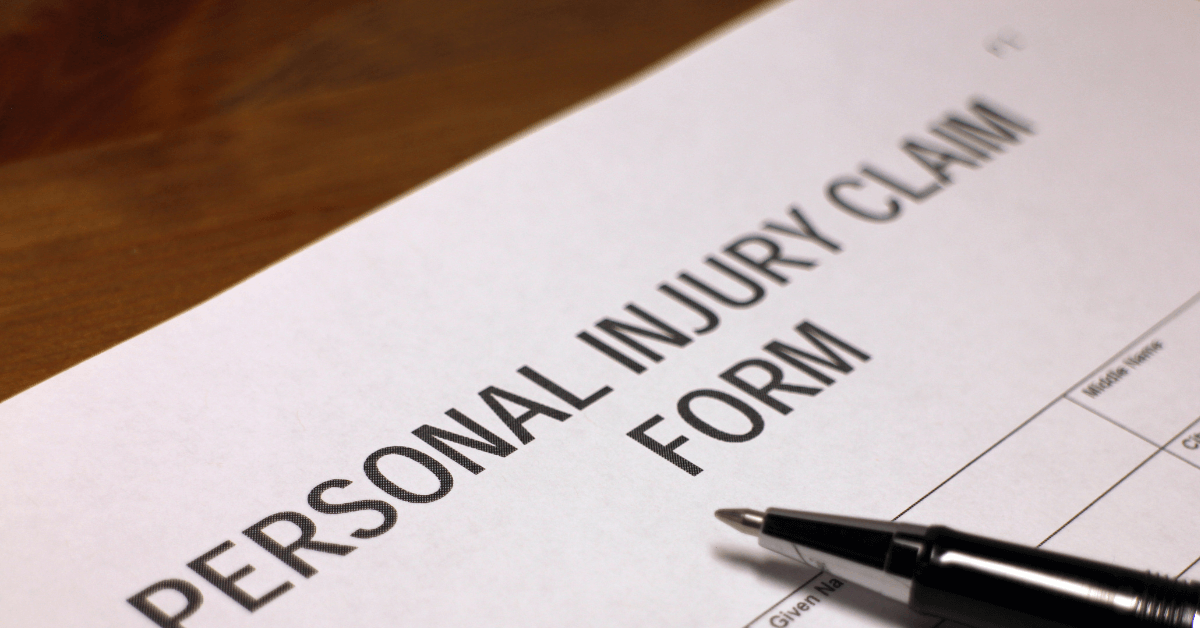When individuals face harm due to another’s negligence, it’s crucial to consider taking legal action. However, it’s not uncommon for victims to delay or even forego their right to seek justice, especially when they’re convinced of the other party’s guilt. Our friends at Cohen & Cohen delve into five reasons why victims might waver in pursuing legal recourse below.
1. Injuries Perceived As Minor
The world is fraught with accidents. Imagine if everyone initiated a lawsuit for every minor bump or scrape; our legal framework would be overwhelmed. Yet, it’s vital to differentiate between minor inconveniences and genuine injuries. While the public often associates personal injury claims with extreme cases, like severe car accidents or catastrophic slip-and-falls, the reality is broader. Injuries vary in severity. If an accident leads to medical bills, disrupts your day-to-day activities, or forces time off work, it might be a clear indicator that legal action is warranted. It’s about understanding the broader spectrum of what constitutes an ‘injury.’
2. Over-Reliance on Insurance Companies
Accidents, especially vehicular ones, usually lead to the immediate step of filing an insurance claim. Insurance providers, aiming to protect their bottom line, often come forward with settlement offers. The catch? These offers frequently undervalue the victim’s actual predicament. However, due to lack of knowledge or sheer exhaustion from the incident, victims might accept these lowball offers or hold out hope for a better proposal. Navigating the world of insurance claims necessitates an understanding of the true worth of one’s claim.
3. Doubting the Strength of Their Case
The intricacies of legal claims can be daunting. At times, victims might lack substantial evidence, like photos or witness testimonies. On other occasions, the opposing party, backed by robust legal teams or insurance giants, might vehemently deny liability. They could even argue that the victim shared a portion of the blame. Faced with such complexities, victims may feel overwhelmed and doubt their ability to establish a convincing case. Yet, what seems like an insurmountable challenge might be more navigable with the right legal guidance.
4. Desire to Move Beyond the Incident
There’s no denying the emotional and mental strain of lawsuits. The process not only revives traumatic memories but also adds layers of stress. Victims might find themselves wishing to move on, thinking it easier to bear financial burdens than relive the ordeal in court. They might prefer quiet acceptance over the tumultuous path of litigation. However, while the desire to move forward is understandable, it’s essential to weigh the long-term implications of such decisions.
5. Worries About Legal Expenses
The prospect of mounting legal fees can deter many. The general perception is that hiring a lawyer drains one’s finances. However, the landscape of law is more accommodating than one might think. More often than not, a personal injury lawyer will operate on a contingency fee basis. This means they’re compensated only if they achieve a favorable outcome, whether through a trial verdict or a satisfactory settlement. Before dismissing the idea of legal representation based on potential costs, it’s beneficial to consult with a professional and understand the available options.
While various factors might make victims hesitant to pursue personal injury claims, it’s essential to understand the broader picture. Legal avenues exist to protect victims, and it’s crucial to leverage these mechanisms to ensure justice and appropriate compensation.




